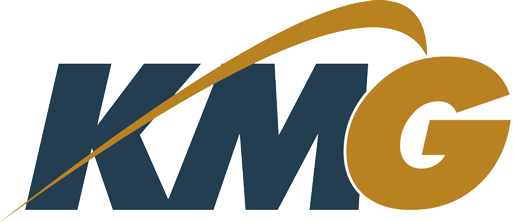Ergonomics
Overview
Learn how to effectively use ergonomics to facilitate sustainable employment and return to work outcomes. Explore what an ergonomist does, what roles and responsibilities are required, how to apply these principles and competencies and the positive impact they have on workplace situations.
Candidates will be able to flag potential ergonomic issues and suggest resolutions to these barriers. Learn when to call upon an ergonomist to ensure the workplace is productive, profitable and supportive of their personnel.
Course Content
Candidates will learn:
The definition of ergonomics
Ergonomics and human factors
Ergonomic domains
The purpose of introducing ergonomics in the workplace
The benefits of ergonomics
Best practice principles in ergonomics
The changing workforce
Job matching
Workplace design
Anthropometric design
Inclusive or universal design
How to apply ergonomics in the workplace
Workplace physical risk factors and ergonomics
Workplace cognitive / mental health risk factors and ergonomics
Other workplace impairments, risk factors and ergonomics
Sitting – a new ergonomic issue
Setting up an ergonomic program
Conducting an ergonomic assessment
Ergonomic practitioners – who are they?
Ergonomic resources
The concepts are explained through case studies.
Course Design
About the Instructor
Gail Kovacs
Director of Education and Professional Development
In her role as KMG’s Director of Education, Gail brings 44+ years of international experience in health care, disability management and vocational rehabilitation.
Her extensive teaching experience includes recent projects such as developing and delivering training courses to Foreign Trained Health Professionals in Ontario, creating the Study Guide, workshop and on-line training for the 8 professional domains of the Canadian Certified Vocational Evaluator (CCVE) exam, and developing training for front line construction supervisors in British Columbia in collaboration with WorkSafe B.C.
Gail is a Registered Rehabilitation Professional (RRP) and a Certified Vocational Rehabilitation Professional (CVRP). She is a Past President of the Vocational Rehabilitation Association of Canada (VRA Canada) and of the Canadian Assessment, Vocational Evaluation and Work Adjustment Society (CAVEWAS). She has also been on the Board of Directors for the College of Vocational Rehabilitation Professionals (CVRP). She was a Trustee and Vice Chair of the Vocational Rehabilitation Association (VRA) in the UK and has been directly involved in the development of practice standards with the VRA in Canada, the UK Rehab Council, and the British Standards Institution.
Gail has a certificate in Human Resources Development and professionally practices as an Ergonomist. She is also a Canadian Certified Rehabilitation Counsellor (CCRC), a Certified Disability Management Professional (CDMP), and a Consensus Based Disability Management Auditor (CBDMA). She has been awarded the Fellowship of the Vocational Rehabilitation Association of Canada, the Award of Excellence from CAVEWAS, and a lifetime membership with the VRA UK all in recognition of her professional achievements in Vocational Rehabilitation and for her dedication and commitment to professional development.



